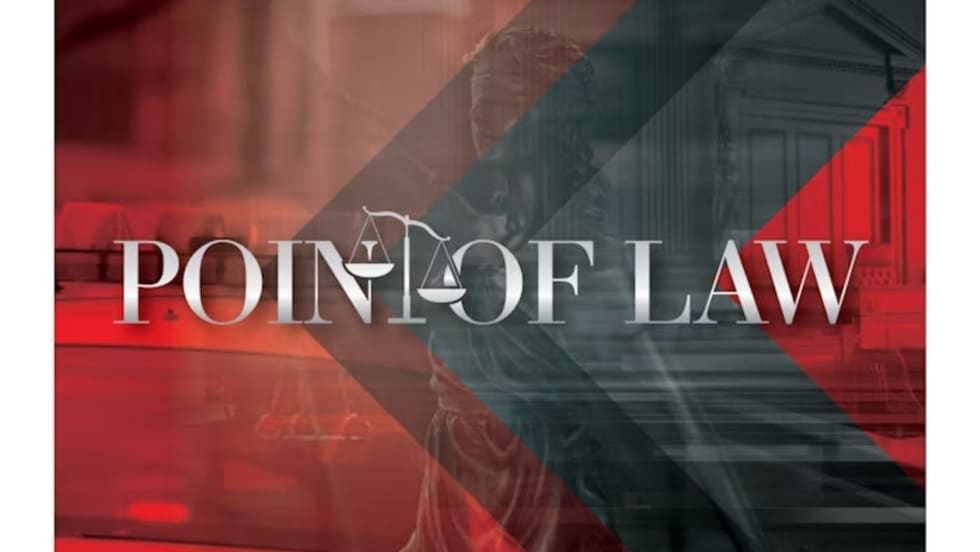Senate Democrats on Wednesday blocked a Republican-drafted bill aimed at overhauling the nation’s policing practices—spelling a potential death knell to efforts at revisions at the federal level in an election year.
Senate Democrats Torpedo GOP's Police Reform Bill
On one major point of dissension between the parties, the Republican bill leaves intact the “qualified immunity” standard that Democrats want to erode, to make it easier for law enforcement officials to be sued for misconduct.

In a 55-to-45 vote, the legislation written primarily by Sen. Tim Scott (R-S.C.) failed to advance in the Senate, where it needed 60 votes to proceed. Most Democratic senators said the bill fell far short of what was needed to meaningfully change policing tactics and was beyond the point of salvageable, the Washington Post reports.
The Senate GOP plan incorporates a number of Democratic proposals, such as legislation to make lynching a federal hate crime and a national policing commission to undertake a comprehensive review of the U.S. criminal justice system.
It also withholds federal grants to state and local law enforcement agencies that do not proactively bar the practice of chokeholds. It also calls on states and localities to report to the Justice Department when no-knock warrants are used, and it would punish those that do not do so, by withholding federal funding.
On one major point of dissension between the parties, the Republican bill leaves intact the “qualified immunity” standard that Democrats want to erode, to make it easier for law enforcement officials to be sued for misconduct.
The Democrat bill has no chance in the Senate, and the Trump administration issued a formal veto threat Wednesday.
More Point of Law

Point of Law: The Limits of Electronic Searches
Can an individual be prosecuted for despicable criminal conduct based on evidence obtained in violation of the United States Constitution? Ultimately, the Ninth Circuit judges wrote, “In the circumstances of this case (United States v. Holcomb, 23-469 (9th Cir. 2025)), respect for the Constitution and the rule of law requires an answer of “no.”
Read More →
Trump Issues Order Cutting Federal Funding in Cashless Bail Jurisdictions
<strong>“</strong>Cashless bail policies allow dangerous individuals to immediately return to the streets and further endanger law-abiding, hard-working Americans because they know our laws will not be enforced,” the administration said.
Read More →
Justice Department Sues Los Angeles Over Sanctuary Policies
The DOJ said in a press release that the “sanctuary city” policies of the City of Los Angeles are illegal under federal law.
Read More →
Understanding Officer-Created Jeopardy
Officers can be criminally prosecuted for using force when their actions led to escalation during contact with subjects.
Read More →
Point of Law: The Limitations of Search Warrants
In the Tenth Circuit case of Cuervo v. Sorenson, the Court ruled officers cannot deviate from the language of the warrant.
Read More →
DOJ Dismisses Consent Decrees Affecting Louisville and Minneapolis Police
The Civil Rights Division will be taking all necessary steps to dismiss the Louisville and Minneapolis lawsuits with prejudice, to close the underlying investigations into the Louisville and Minneapolis police departments.
Read More →
New Michigan Bill would Give Officers Civil Immunity in Self-Defense Cases
House Bill 4404 would create a presumption of civil immunity for individuals who are cleared criminally after using force in self-defense, shifting the burden of proof onto plaintiffs.
Read More →
Seattle to Pay Police Captain $1 Million to Settle Lawsuit
Seattle police Capt. Eric Greening sued former Chief Adrian Diaz last year alleging that Diaz retaliated when Greening brought up concerns about racial and gender discrimination.
Read More →
Washington Agencies Ordered to Not Delete Critical Facebook Contents
Jim Leighty, a local activist, filed two federal lawsuits last year claiming both agencies deleted or hid critical comments he had written below multiple posts, while keeping comments that were pro-police in nature.
Read More →
Washington State Attorney General Sues Sheriff for Helping Immigration Enforcement
The lawsuit claims the Adams County Sheriff’s Office has illegally held people in custody based only on their immigration status, helped federal agents question people in custody, and given immigration officials confidential personal information.
Read More →
